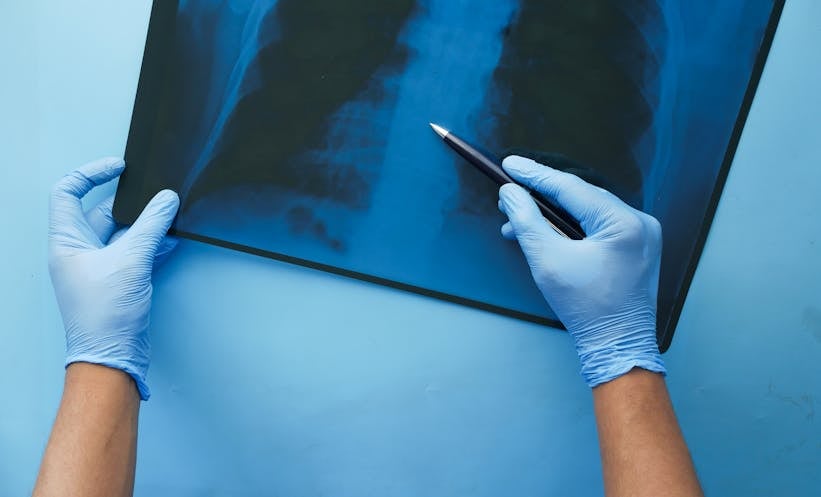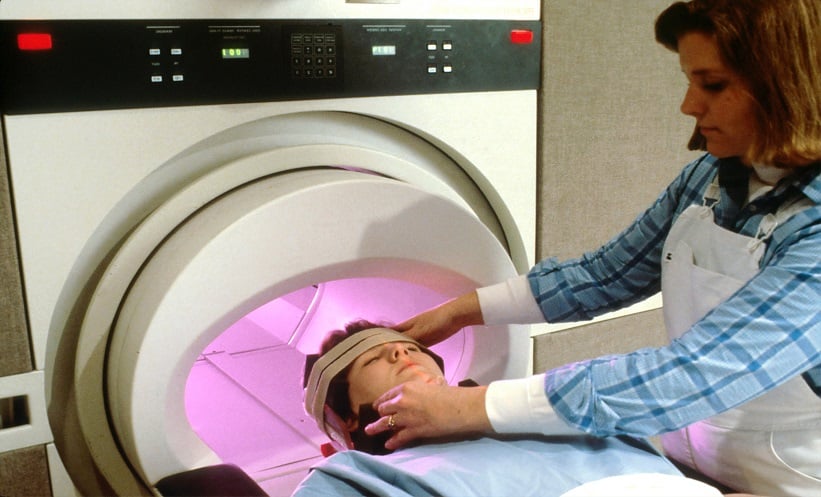A COMMERCIALLY available AI model has been found to perform on par with radiologists in detecting chest X-ray abnormalities, effectively bridging the accuracy gap between radiologists and non-radiologist physicians, according to a recent study. The findings suggest that the AI system, could play a significant role in supporting diverse physician specialities in interpreting chest X-rays accurately, according to lead author Pamela Anderson, director of data and insights at Imagen, and colleagues.
“Non-radiologist physicians, such as those in emergency, family, and internal medicine, are often the first to assess patients and interpret chest X-rays, especially when radiologists aren’t available,” the authors wrote. The Chest-CAD tool, which the U.S. Food and Drug Administration approved in 2021, employs deep learning to identify potential issues on chest X-rays, categorizing findings across eight clinical categories aligned with guidelines from the Radiological Society of North America (RSNA).
To gauge the tool’s effectiveness, researchers tested the AI on over 20,000 chest X-rays from a separate dataset of 12 U.S. healthcare centers. The model demonstrated a strong performance, achieving an area under the curve (AUC) of 97.6%, with sensitivity at 90.8% and specificity at 88.7%. In addition, the model was validated on 1,000 X-rays from the National Institutes of Health’s Chest X-ray8 database, where it showed similar results, with an AUC of 97.5%, a sensitivity of 90.7%, and a specificity of 88.7%.
Testing also confirmed that, while radiologists were more accurate than nonradiologist physicians in unaided chest x-ray evaluations, both groups improved significantly when assisted by Chest-CAD. Radiologists’ accuracy rose from an AUC of 86.5% unaided to 90% with AI assistance. Internal medicine physicians experienced the most notable improvement, with an AUC increase from 80% unaided to 89.5% when using the AI system. This improvement eliminated accuracy discrepancies between radiologists and non-radiologists when both were aided by the tool.
As shortages of radiologists persist across many regions of the USA, particularly in rural areas, the study highlights the AI’s potential to enhance access to reliable X-ray interpretations by equipping non-radiologist physicians with advanced diagnostic support. The authors suggest Chest-CAD could enable broader clinical adoption, facilitating timely diagnoses and improving patient care across various settings.
Reference
Anderson PG et al. Deep learning improves physician accuracy in the comprehensive detection of abnormalities on chest X-rays. Sci Rep. 2024;14(1):25151.








